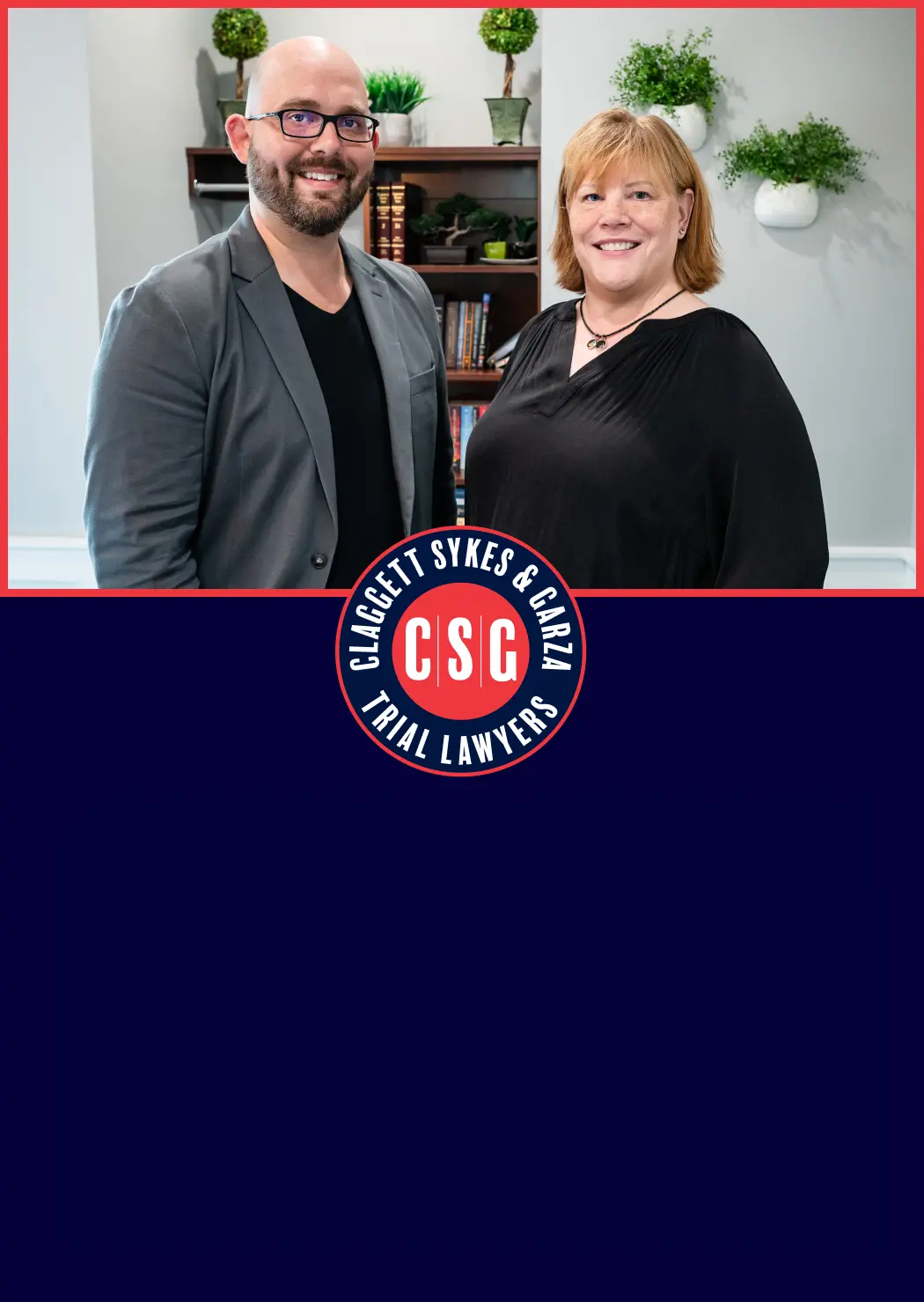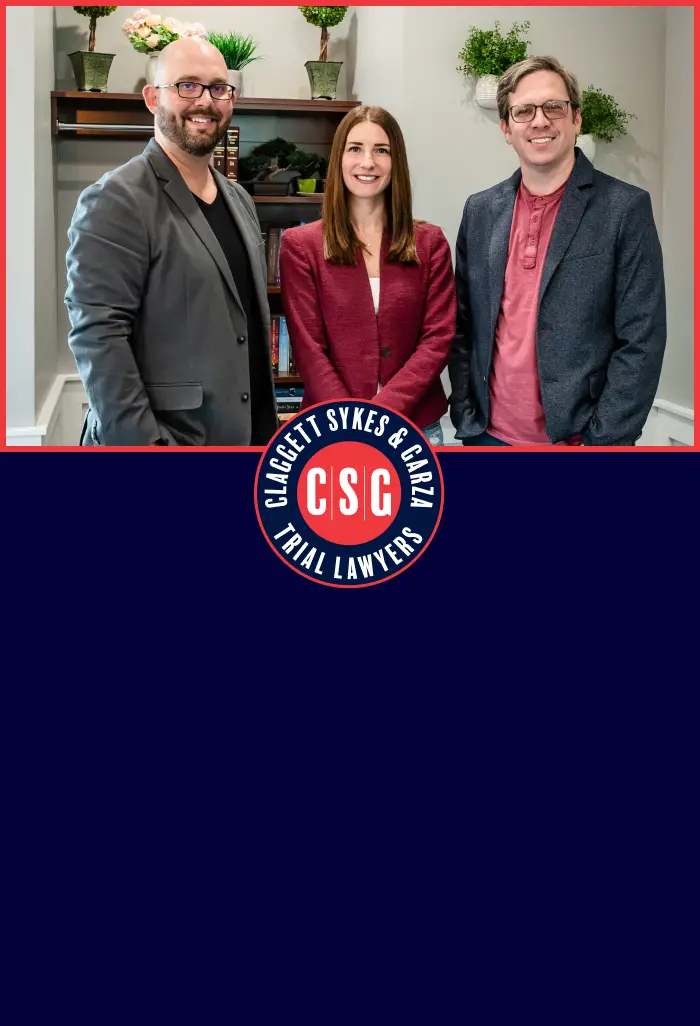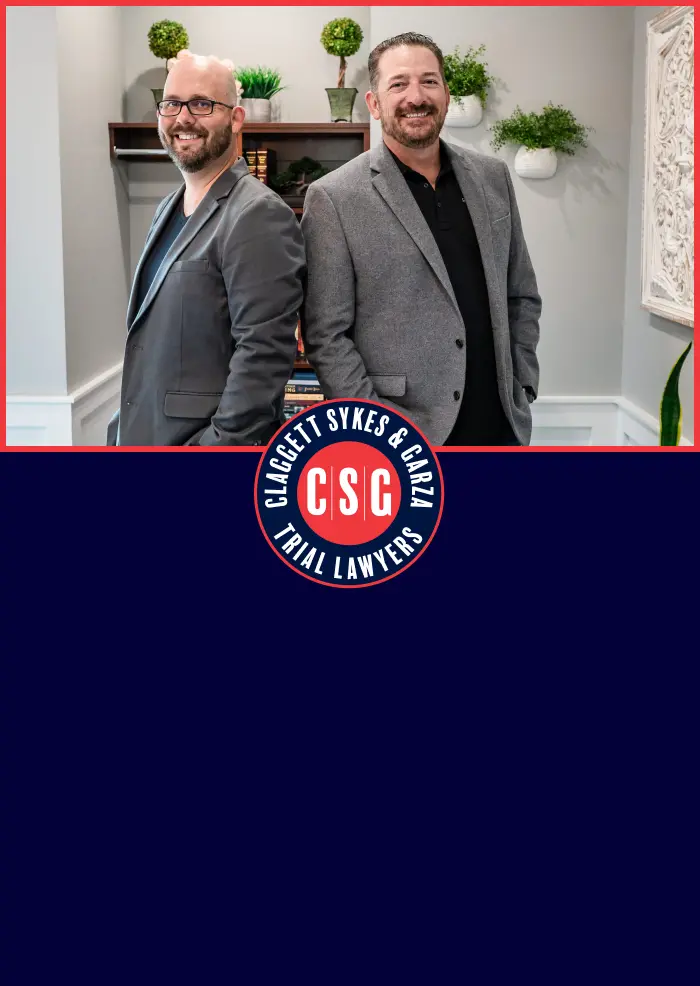
We understand the profound impact medical malpractice can have on your life. Our dedicated team is committed to advocating for your rights and seeking justice if you’ve been a victim of medical negligence. With our expertise in this complex area of law, we aim to provide you with the legal support and guidance you need during this challenging time.
Navigating the complexities of medical malpractice cases requires a skilled and compassionate legal team. We are here to represent your best interests, working tirelessly to ensure you receive the compensation you deserve. Our goal is to alleviate the burden on you and your family as we pursue a fair resolution to your case.
Talk to an Eastford personal injury lawyer from our firm today.
Understanding Medical Malpractice
Understanding medical malpractice involves recognizing when a healthcare provider’s actions, or lack thereof, deviate from the established standards of care, potentially leading to harm or injury to a patient. It’s a complex area of law that hinges on the concept of patient rights and healthcare standards. We must dissect these terms to grasp the full scope of medical malpractice.
Patient rights are fundamental in this context. They encompass the right to receive competent and standard healthcare services from providers. When these rights are infringed upon, it opens a pathway to potential legal action.
Healthcare standards, on the other hand, refer to the generally accepted practices and procedures that medical professionals are expected to follow. These standards are not static; they evolve with advancements in medical science and changes in regulatory guidelines. Yet, they serve as a benchmark for evaluating the quality of care provided to patients.
In our analysis, we find that understanding medical malpractice is not only about pinpointing where things went wrong. It’s also about comprehensively understanding what should have happened – what the standard of care was in a particular situation. This involves a detailed examination of patient rights, healthcare standards, and the deviation from these norms.
We’re tasked with a nuanced evaluation that goes beyond surface-level assessments. It requires a deep dive into medical practices, legal precedents, and the intricate balance between patient care and professional responsibility. Through this lens, we’re better equipped to discern the multifaceted nature of medical malpractice, paving the way for informed decisions and actions in such cases.

Injured in an Accident?
Get the Compensation You Deserve. Our Experienced Lawyers Can Help.
Qualities of a Top Lawyer
Having explored the intricate framework of medical malpractice, we now turn our attention to the characteristics that distinguish a top lawyer in this specialized field. It’s imperative to recognize that not all attorneys are created equal, especially when navigating the complex landscape of medical malpractice. The differentiation often lies in a set of core qualities that elevate their practice and ensure the best possible outcomes for their clients.
Consider the following essential attributes:
- Expertise in Medical Malpractice Law: A profound understanding of the laws and regulations specific to medical malpractice is non-negotiable. It’s this deep knowledge that enables them to navigate cases with precision.
- Client Empathy: The ability to understand and empathize with clients’ situations is crucial. This empathy facilitates effective communication and a supportive attorney-client relationship.
- Exceptional Negotiation Skills: Negotiation is often where cases are won or lost. Top lawyers possess the ability to negotiate settlements that truly reflect the damages and suffering of their clients.
- Analytical Skills: The capacity to analyze complex medical records and legal documents is essential for building a strong case.
- Dedication to Continuing Education: Laws and medical practices evolve; thus, a commitment to ongoing learning is key to staying at the forefront of the field.
In our analysis, we find that these qualities are not just desirable but fundamental for a lawyer specializing in medical malpractice to achieve success. They ensure that the lawyer is not only capable of navigating the legal complexities but also deeply committed to securing justice for their clients.
Steps to File Your Claim
To successfully navigate the process of filing a medical malpractice claim, it’s essential to follow a series of well-defined steps. We’ll guide you through each phase, focusing on claim documentation and victim support, to ensure you’re well-equipped to pursue justice.
First, we gather all necessary claim documentation. This involves medical records, bills, and any correspondence with healthcare providers. It’s crucial to compile a comprehensive record of the treatment received and the resultant harm. This documentation forms the backbone of your claim, substantiating the allegations of negligence or malpractice.
Next, we’ll seek expert medical opinions. These experts can help us understand the nuances of your case, affirming whether the standard of care was breached. Their testimonies are pivotal, providing the professional insight needed to support your claim convincingly.
Simultaneously, we focus on victim support. Navigating a medical malpractice claim can be emotionally taxing. We ensure you have access to counseling and support groups, offering a space to process the ordeal and connect with others who’ve faced similar challenges. This support is invaluable, bolstering your resilience throughout the legal journey.

Suffered a Personal Injury?
Let Us Fight for Your Rights and Maximize Your Compensation.
Common Malpractice Cases
We’ll now explore the common malpractice cases that often bring individuals to seek legal aid in Eastford. These include surgical errors, where mistakes can have life-altering consequences; misdiagnosis and delays, which can prevent timely treatment; and prescription drug mistakes, leading to adverse effects. Each of these scenarios requires a nuanced understanding of medical and legal standards to address and resolve effectively.
Surgical Errors Examined
Surgical errors, a significant concern in medical malpractice cases, often stem from negligence, miscommunication, or procedural failures. We’ve observed that these errors not only compromise patient safety but also highlight gaps in infection control and post-operative care. Analyzing various incidents, we’ve identified key areas that frequently contribute to surgical errors:
- Inadequate preoperative planning
- Miscommunication among surgical teams
- Failure to follow established surgical protocols
- Insufficient infection control measures
- Neglect in post-operative care monitoring
These points underscore the critical nature of meticulous attention to detail in every phase of surgical intervention. By focusing on these areas, healthcare providers can significantly reduce the occurrence of surgical errors, ultimately enhancing patient safety and outcomes.
Misdiagnosis and Delays
Beyond the complexities of surgical errors, misdiagnosis and delays in treatment represent another critical dimension of medical malpractice that demands our scrutiny. We understand that the stakes are incredibly high when it comes to accurately diagnosing a patient’s condition. Failure to do so, or unnecessary delays, can lead to worsening health, irreversible damage, or even death. Patient rights are at the core of this issue, where everyone deserves timely and accurate medical assessments.
Advancements in diagnostic techniques have raised the bar for what is considered acceptable practice. Yet, we still encounter cases where these tools are underutilized or misinterpreted. We must highlight these failures, ensuring that healthcare providers are held accountable. This vigilance not only upholds patient rights but also pushes for continuous improvement in medical diagnosis and timely treatment.
Prescription Drug Mistakes
In the realm of medical malpractice, prescription drug mistakes stand out as a prevalent yet preventable cause of patient harm. We’ve analyzed numerous cases and identified key areas where errors often occur:
- Incorrect dosage prescriptions
- Failure to recognize harmful drug interactions
- Overlooking the patient’s medical history leading to adverse reactions
- Inadequate side effect management
- Miscommunication between healthcare providers
These mistakes can have serious, sometimes fatal, consequences. It’s crucial for healthcare professionals to meticulously review a patient’s medical history, understand drug interactions, and manage side effects effectively. By prioritizing these areas, significant strides can be made in reducing prescription drug errors, ensuring patient safety, and improving overall healthcare quality.

Injured Due to Negligence?
Experienced Personal Injury Lawyers Ready to Assist You.
Navigating the Legal Process
Navigating the legal process requires a deep understanding of the intricate landscape of medical malpractice law. We’re acutely aware that each step, from filing a lawsuit to understanding court etiquette, plays a crucial role in the outcome of a case. It’s not just about presenting evidence; it’s about how we present ourselves and our arguments within the confines of judicial decorum.
Court etiquette extends beyond mere politeness; it encompasses a strategic understanding of when to speak, what to emphasize, and how to engage with the opposition and the judge. This nuanced approach can significantly influence the perception and reception of our case.
Settlement options also occupy a central place in our strategy. We’re always calculating the best course of action, whether to push for a trial or to negotiate a settlement. Settlements offer a certain resolution, avoiding the unpredictability of a jury’s decision. However, they require a careful balancing act, weighing the guaranteed outcome against the potential undervaluation of the claim. Our objective analysis of each case’s strengths and weaknesses guides us in advising our clients on the most prudent path forward.
Throughout this process, we ensure our clients are well-informed and prepared for each step. We demystify the legal jargon and procedures, ensuring they understand their rights and the progress of their case. It’s a journey we navigate together, combining our legal expertise with their personal experiences and goals to achieve the best possible outcome. Our commitment to clarity, conciseness, and precision in our communication and actions is unwavering as we advocate for justice in the complex realm of medical malpractice.
Choosing the Right Attorney
We understand that selecting the right attorney is critical in a medical malpractice case. It’s essential to evaluate their experience in medical cases, understand the structure of attorney fees and costs, and assess their communication and availability. These factors greatly influence the outcome of a case and the client’s overall experience.
Experience in Medical Cases
Selecting the right attorney often hinges on their depth of experience in handling medical cases, as this expertise can significantly impact the outcome of a malpractice claim. We’ve learned that the key aspects to look for in a lawyer’s background include:
- Depth of knowledge in medical terminology and procedures
- A track record of successful settlements or verdicts in medical malpractice cases
- Positive client testimonials highlighting their experience and satisfaction
- Proven courtroom strategies tailored to medical malpractice litigation
- An understanding of the latest legal precedents and medical standards
These elements are critical in choosing an attorney who can navigate the complexities of medical malpractice, ensuring clients are well-represented and their cases receive the attention and expertise they deserve.
Communication and Availability
After exploring the financial aspects of hiring a medical malpractice lawyer, it’s equally crucial to consider how well they communicate and are available to their clients. Ensuring they respect Patient Rights and demonstrate Lawyer Responsiveness is key. Here are essential factors to keep in mind:
- Timely Updates: Regular, meaningful updates on case progress.
- Accessibility: Ease of reaching the lawyer for questions or concerns.
- Clear Communication: Ability to explain legal terms and proceedings in understandable language.
- Listening Skills: An attorney should listen to and validate your experiences and concerns.
- Feedback Mechanism: Efficient systems for feedback and adjustments based on your needs.
Choosing a lawyer who excels in these areas is vital in forming a partnership based on trust and transparency in the pursuit of justice.
Understanding Medical Malpractice with Claggett, Sykes & Garza
Navigating the complexities of medical malpractice requires expertise and determination. We’ve learned that understanding the nuances of malpractice, recognizing the traits of an effective lawyer, and comprehending the steps to file a claim are crucial.
We’ve also explored common types of cases and the intricacies of the legal process. Choosing the right attorney, such as the Claggett, Sykes & Garza, is paramount. Armed with this knowledge, we’re better positioned to advocate for ourselves and seek justice in the face of medical negligence. Contact us today for a free consultation.

